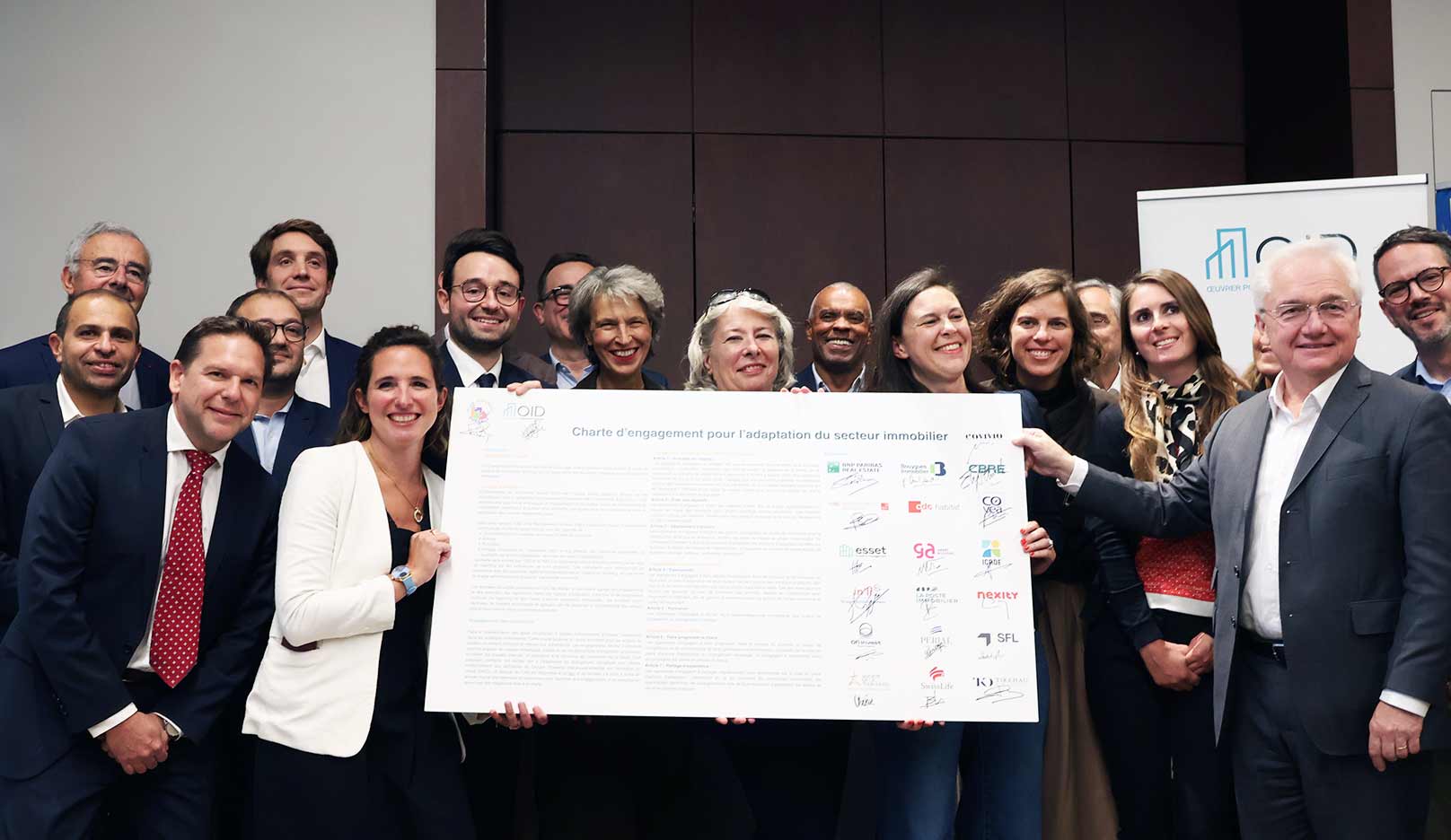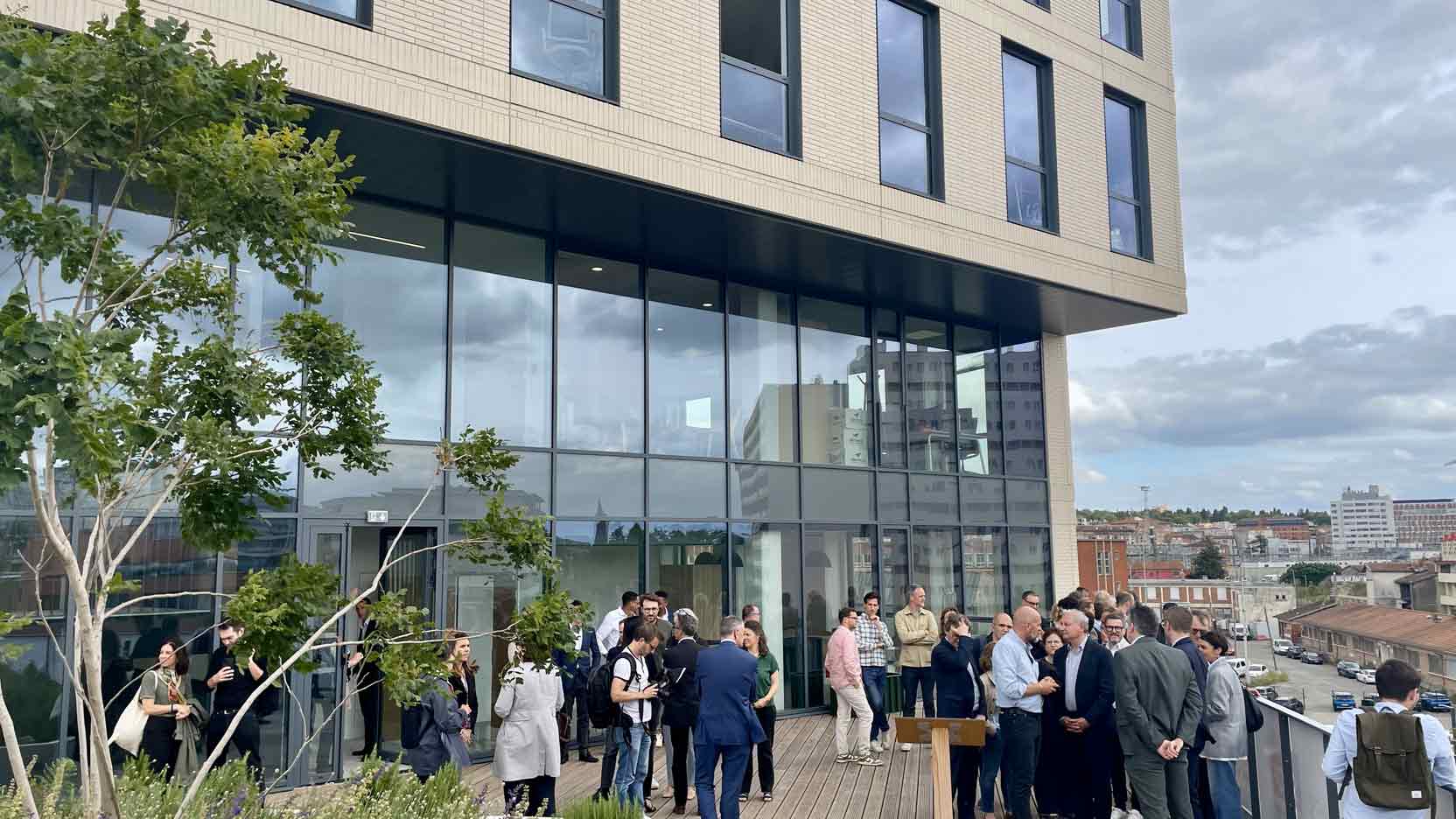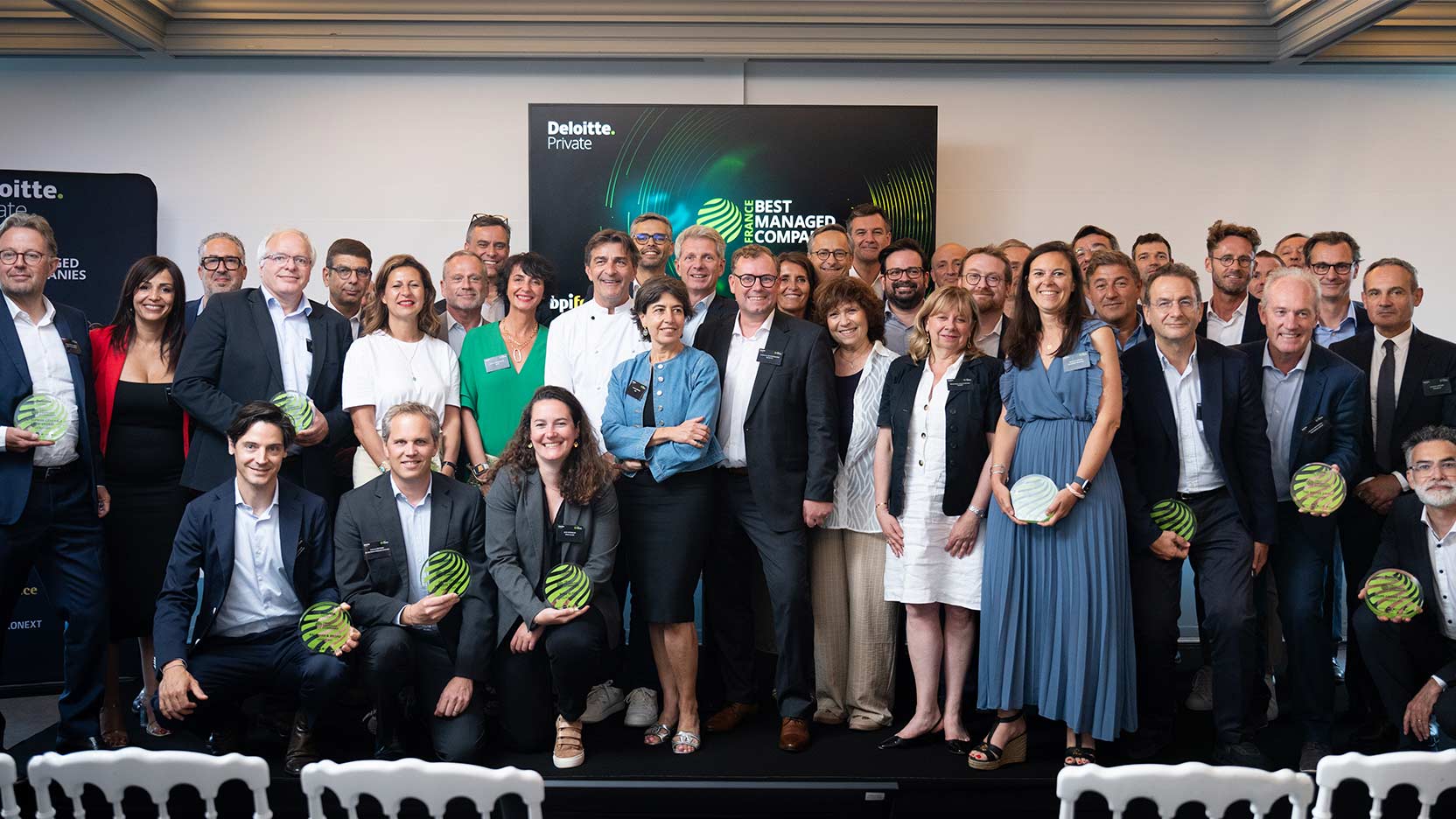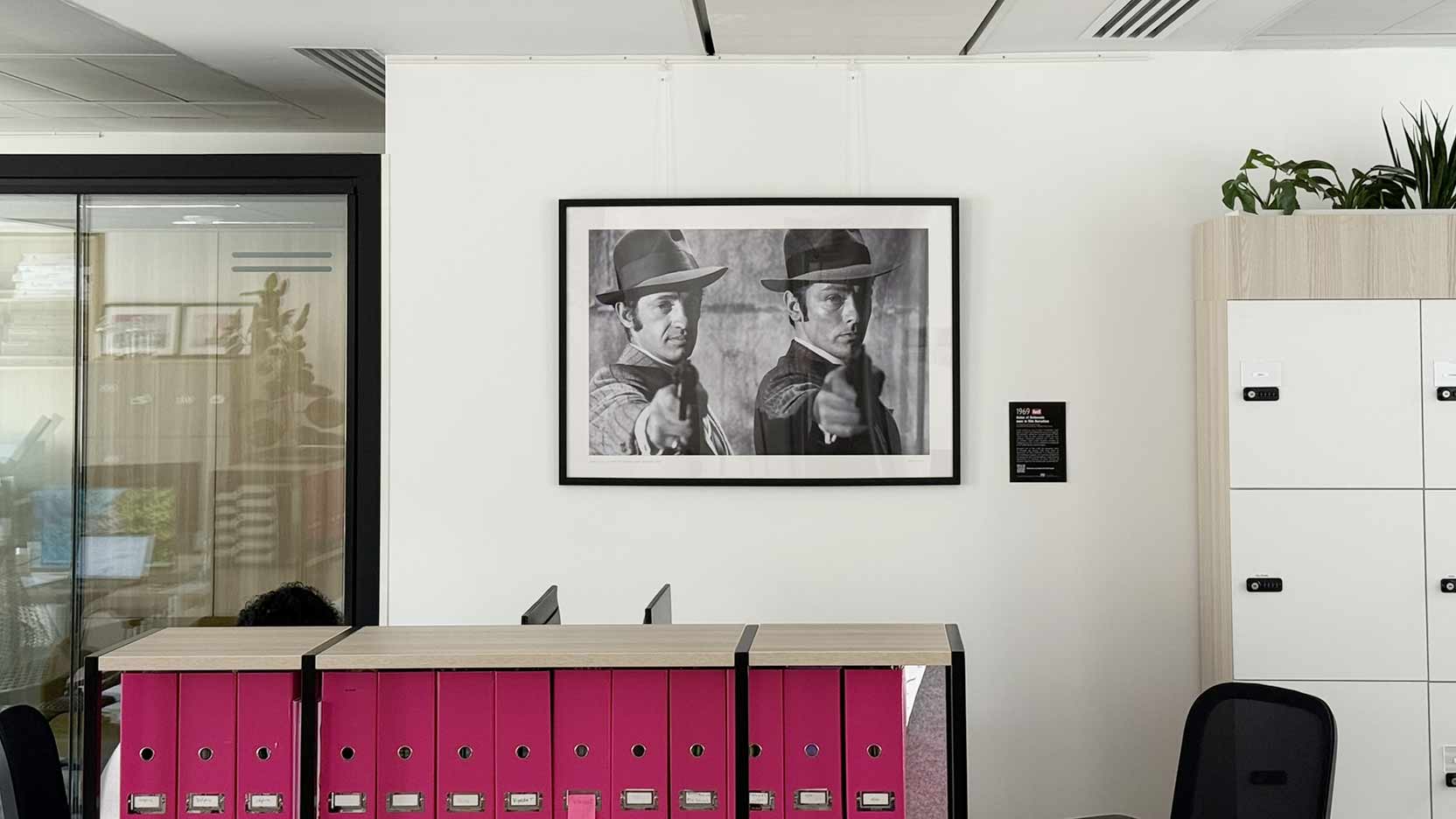By signing the climate change adaptation Charter, GA Smart Building strengthens its commitment to sustainable and resilient real estate. This initiative, led by the OID and the sustainable building plan, aims to support the industry in its ecological transformation.
On October 13, 2025, at the Palladio Foundation, GA Smart Building signed the Commitment Charter for the Adaptation of the Real Estate Sector to Climate Change, spearheaded by the Observatoire de l’Immobilier Durable (OID) and the Plan Bâtiment Durable (PBD).
Alongside 17 major industry players, the Group reaffirms its dedication to developing sustainable, low-carbon, and resilient real estate capable of addressing climate challenges.
A collective framework to accelerate climate adaptation in real estate
In response to the increasing frequency of heatwaves, floods, and extreme weather events, this charter offers a structured and measurable framework to support both public and private stakeholders in implementing concrete adaptation actions.
It complements the decarbonization efforts already underway in the sector, placing climate adaptation on equal footing with energy performance.
The result of several years of work by the OID and PBD, the charter marks a key milestone in enhancing the resilience of France’s building stock.
It is structured around three main pillars:
-
Buildings: Analyze climate risks looking ahead to 2050, prioritize at-risk assets, and deploy adaptation solutions, particularly nature-based ones.
-
The Company: Adapt internal offices, strengthen business continuity, and train employees on climate issues.
-
The Industry: Share best practices, feedback, and contribute to collective upskilling.
To support implementation, the OID and PBD provide signatories with a comprehensive technical toolbox — including guides, indicators, and methodological resources — as well as a sector-specific monitoring system.
GA Smart Building: measurable commitment to sustainable real estate
This signature aligns with GA Smart Building’s broader sustainability strategy, which is based on a comprehensive life-cycle approach and the integration of sustainability from the design phase onward.
The Group has already aligned 84% of its revenue with the sustainability criteria of the European taxonomy and systematically integrates climate risk assessments and adaptation measures into its projects.
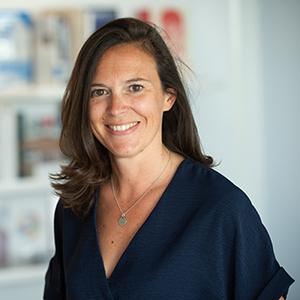
To adapt is to act. By signing this charter, we reaffirm our commitment to fully integrating climate adaptation into our operations and decisions. We have already placed these issues at the heart of our projects: climate risk analysis, implementation of concrete solutions, and support for our partners through this transition. This collective approach, led by the OID and the Sustainable Building Plan, is a crucial step toward more resilient and responsible real estate.
